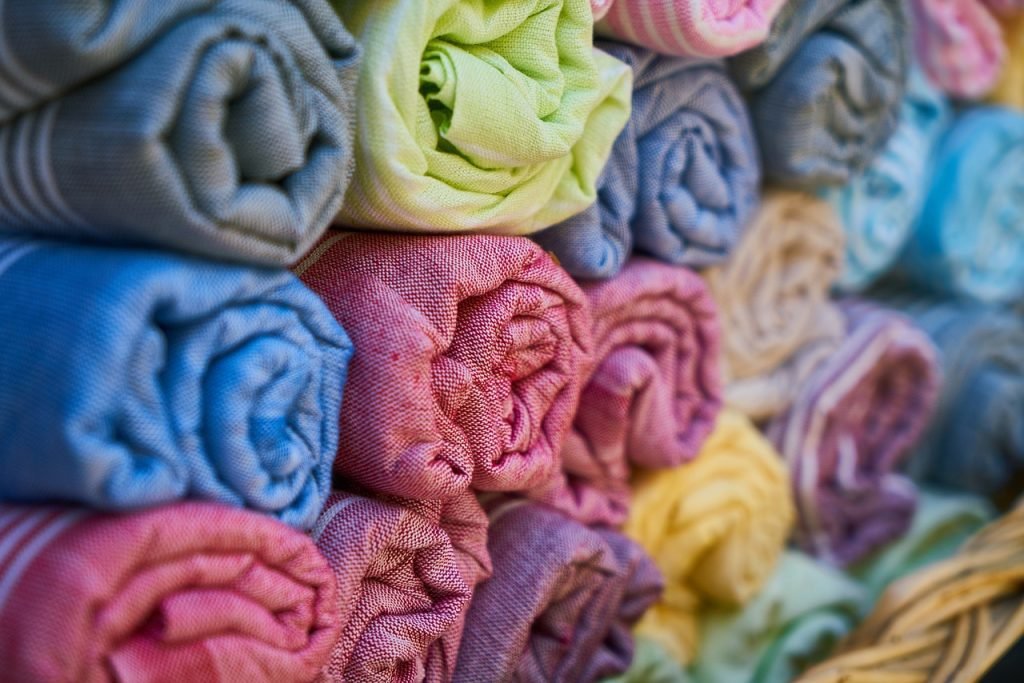Venue: Sliven – September 4th, 5th and 6th and Jheravna village September 7th-9th
The summer school is aimed at researching cultural technology and its development over time in a region characterized even today as a center of textile production. The emphasis of the fieldwork is aimed at the development of textiles as part of the official presentation of the city and the region, its perception as cultural heritage and its function as an element of local policies for attracting tourists. The activities include seminars with the participation of teachers from NBU and professionals from museums, work in groups in field research (observation and interviews), practical activities with local residents who know traditional practices and apply them in a family environment or participate in events aimed at visitors.
The summer school is interdisciplinary, involving students from the anthropology, fashion and photography programs with the purpose of combining the tools of visual anthropology with classical research methods. We are also looking for the intersections between the different educational programs to the problems and opportunities for sharing diverse experiences between students, teachers and specialists from museums, etc.
The practical activities will take place in the Regional History Museum in Sliven (textile collections – woolen carpets, clothes and fabrics), in the only National museum of textiles, in private expositions with the assistance of the Public Donation Fund in Sliven, ateliers for dyeing with natural dyes, carpet weaving etc.
Jheravna – working in groups with the possibility of a dyeing studio with natural dyes, weaving – sitting on a loom and a story telling about this type of work, rolling out banitsa and kneading a pita bread, interviews with local people about tourism in the village and the lifestyle associated with elements of tradition, meetings with the young people of the village, with dairy owners, etc.; opportunity to get acquainted with national dress preserved in the local homes.

